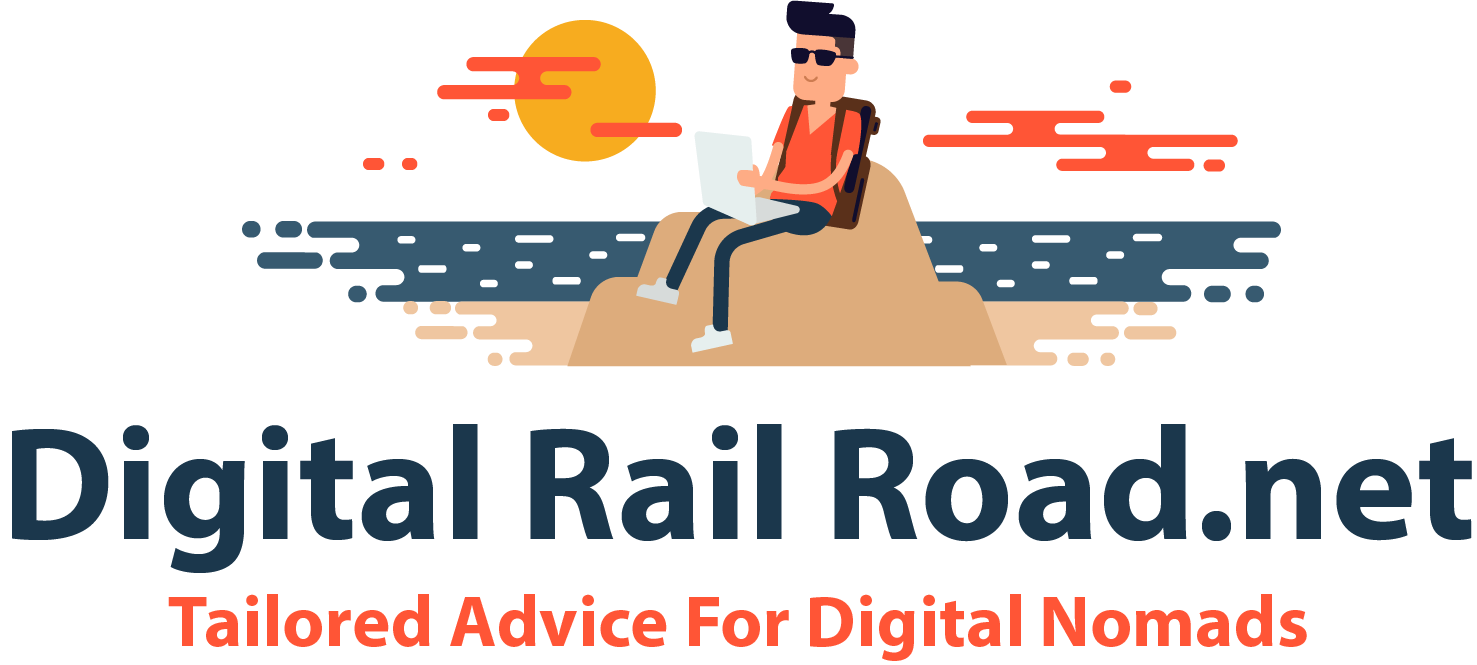 As a business owner, nothing is more terrifying than seeing all the hard work that you put into your website go down the drain because of a nefarious hacker. If you have taken the time to create a good website, you should protect it by doing the following:
As a business owner, nothing is more terrifying than seeing all the hard work that you put into your website go down the drain because of a nefarious hacker. If you have taken the time to create a good website, you should protect it by doing the following:
Keeping Your Platforms and Scripts Updated
You need to protect your site by updating your scripts and platforms. Because most of these tools are made using open-source programs, anyone can access the code easily. Hackers can use this to their advantage and look for any loopholes that will let them into your website.
For instance, if your website is built on WordPress, third party plug-ins as well as your base WordPress installations are vulnerable to such hacks. If you have the most recent versions installed, you will minimize the risk of being hacked. Updating takes very little time to do and it could save your entire website from harm.
Installing Security Plug-ins
Once you have finished updating everything, you should enhance your website security further by using plug-ins that actively prevent hackers from accessing your website. If you use WordPress, you should look into free plug-ins such as Bulletproof Security, which address the inherent weaknesses in each platform. They work to foil any hacking attempts that can threaten your website.
Whether you are running HTML pages or a CMS-manage website, you need to consider a plug-in named SiteLock. It goes beyond getting rid of any security loopholes on your site; it also monitors everything from active virus scanning to malware detection. If your business relies on its website for many things, then opt for SiteLock.
Using HTTPS
As a consumer, you probably know that https should be present in sites that ask for sensitive information. Those five letters are a sign of security and they signal that it is safe to provide financial information on the page.
Do you have an online store? If you have a webpage that takes sensitive information from users, you need to invest in an SSL certificate. This cost will be minimal to your budget but the certificate will provide an extra encryption level that goes a long way towards making your site trustworthy.
Using Parameterized Queries
Many sites fall because of SQL injections. They come into play when you have a web form that lets outside users supply information. If you leave the fields open, someone might insert code that hacks your database. You do not want this to happen because databases contain sensitive customer information such as credit card numbers.
You can take a few precautions to prevent hackers from inserting SQL injections. You can start by using parameterized queries to ensure that your code has specific parameters that do not leave room for hackers to mess with them.
Using CSP
Just like SQL injections, XSS (cross-site scripting) attacks are another common enemy that site owners have to watch out for. They take place when a hacker finds a way to slip nasty JavaScript code to your pages. This code can infect the pages of anyone who visits your site.
 To defend against such attacks, you should make sure that your fields are explicit to remove any possibility that hackers will slip in malicious code. According to the experts from CBI Cyber Security Solutions, you should also use CSP (Content Security Policy) to prevent XSS attacks.
To defend against such attacks, you should make sure that your fields are explicit to remove any possibility that hackers will slip in malicious code. According to the experts from CBI Cyber Security Solutions, you should also use CSP (Content Security Policy) to prevent XSS attacks.
Using CSP only involves adding the right HTTP header to your page and providing a string of directives that will tell browsers the domains that are OK. If you want to learn how to create a CSP header, search engines are your friend.
Tabitha Gits is an influencer marketing pro with brownboxbranding.com who is passionate about building authentic relationships and helping businesses connect with their ideal online audience. She keeps her finger on the pulse of the ever-evolving digital marketing world by writing on the latest marketing advancements and focuses on developing customized blogger outreach plans based on industry and competition.
